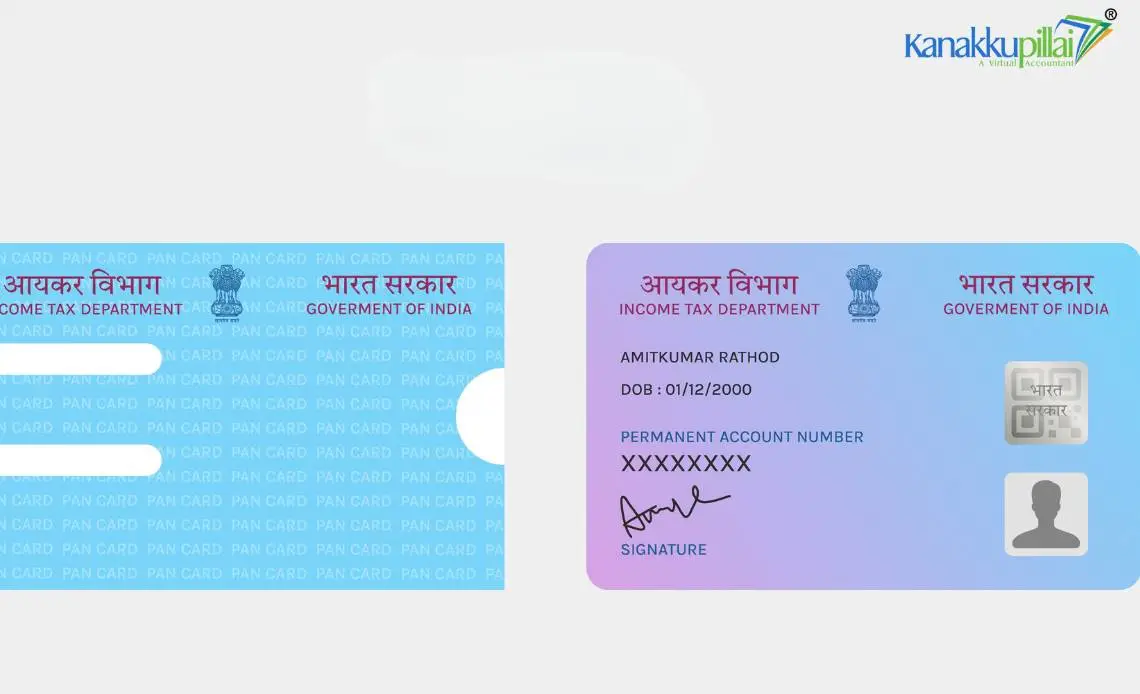For an Indian private limited company, obtaining a Permanent Account Number (PAN) card is essential. Requiring different legal and monetary processes, a PAN card is a unique identifying No. For the firm. This distinct article will assist you in getting a PAN card from your private limited corporation.
-
Compile the Necessary Records
Having the following ready will help you start the application process:
- Certificate of Incorporation
- Memoranda of Association
- Board Resolution allowing the application for a PAN card
Proving the existence and legal status of your organization depends on these records.
-
Complete the PAN application form
Completing the PAN application form comes next; this could be performed offline or online. The form is Form 49A, which can be downloaded from the Income Tax Department’s official website.
As you complete the form, be careful to describe your business, including accurately
- Name of the business
- registered address
- Authorized signatories
Review the specifics again to prevent any mistakes or disparities.
-
Send the application along with the documentation
Once you finish the PAN application form, send it to the Income Tax Department office or approved PAN service center along with the required supporting documentation. You could mail the application or show it to us personally.
Bring a copy of the paperwork for review if you are submitting personally. Use a trackable courier company if you are sending by post to guarantee the secure arrival of your application.
-
Pay the application fee
A private limited company’s PAN card application cost differs based on the payment method. You could pay the fee online using a credit card, debit card, or net banking. Alternatively, you might pay by a demand draft in favor of “NSDL – PAN” due in Mumbai.
The current application price of a PAN card for online payment is Rs. 107 (with GST), while for offline payment, it is Rs. 112.
-
Wait for the PAN Card Processing
You have to wait for the PAN card to be handled after application submission and fee payment. Usually, depending on the amount of applications the Income Tax Department receives, the processing period takes 2–4 weeks.
Using the acknowledgment number given upon submission, you may monitor the status of your application during this waiting period.
-
Verify the PAN Card Details
After you get the PAN card, carefully check the printed data. Make sure the company’s name, registration address, and other details are in the records you sent in throughout the application process.
If you discover any differences, go right away to notify the Income Tax Department.
Conclusion
Although getting a PAN card for your private limited business is easy, accurate paperwork and meticulous attention to detail are still vital. Following these guidelines and ensuring all the necessary data is correct will help you apply for and get your company’s PAN card effectively.
Recall that many company operations—including establishing a bank account, submitting income tax returns, and engaging in government tenders—depend on a PAN card. Maintaining the seamless running of your business and legal compliance depends on a valid PAN card.
If you have any more questions or need help with the PAN card application procedure, see a tax expert or visit the official Income Tax Department website for further information.





